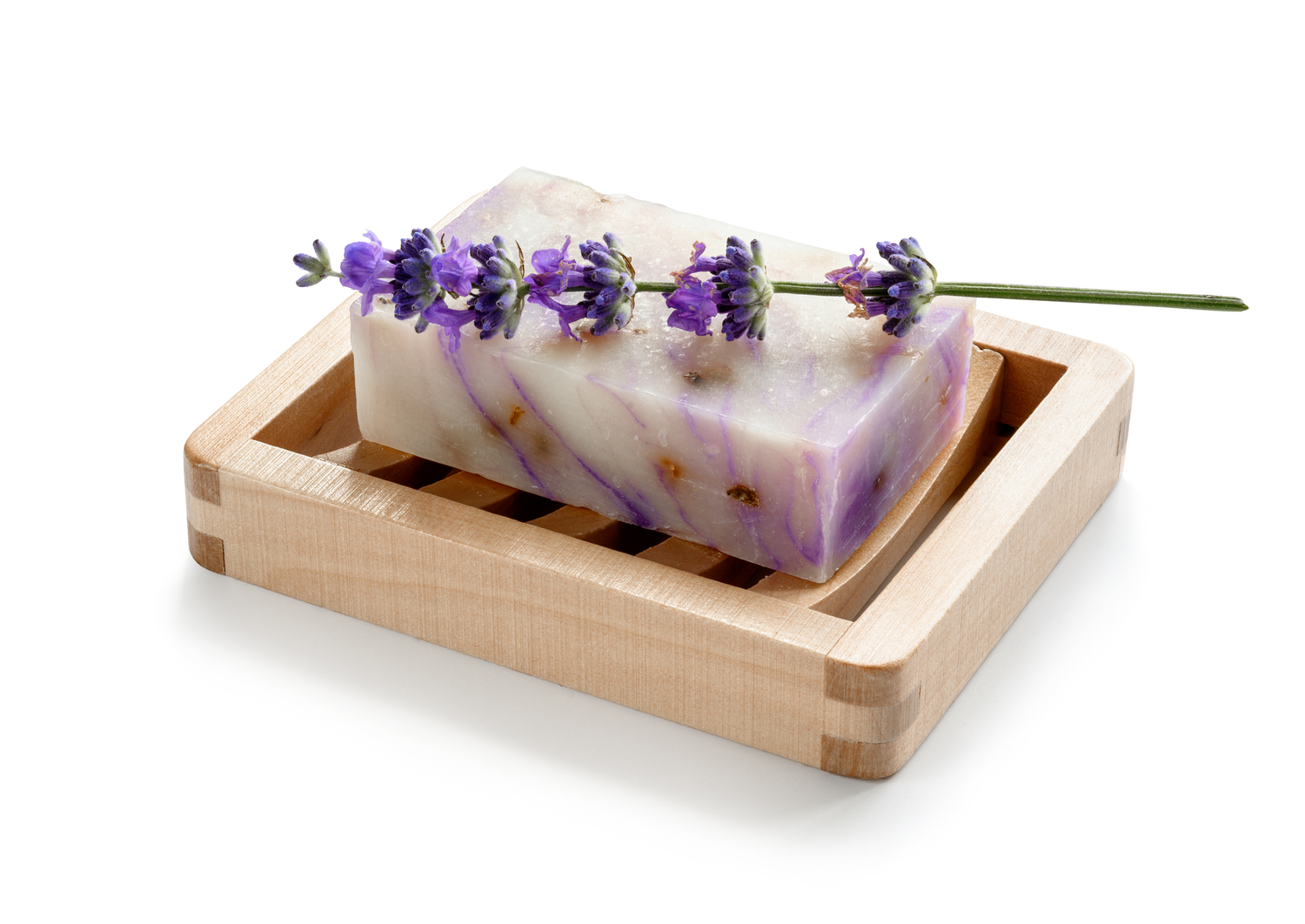
Soaps That can Trigger Eczema
Eczema causes sensitive and dry skin. Exposure to some soaps can trigger symptoms such as red rashes or red patches of skin. More often they can be worse in places where the skin comes together such as the knees and elbows. As people with eczema age, the location of affected areas can change. Often these symptoms can cause pain so avoiding them altogether is ideal.
Here are six soaps that can trigger eczema:
1. Soaps with cocamidopropyl betaine
Derived from coconut oil, cocamidopropyl betaine is a foaming agent often used in products that cleanse. Usually found in products like liquid soaps and bath gels. They are used to help remove dirt and oil from the skin and increase the cleaning power of soap. Yet, usage can result in redness and flaking of skin. The areas that are most affected are the skin around the eyes, hands, mouth, and scalp. Eliminating soaps that contain these chemicals are suggested.
2. Strong fragrance soaps
Fragrance soaps are often very popular. Many people enjoy having their skin smell nice with the desired fragrance. Yet, the side-effects are not always just nice smelling skin. Those with eczema can have an allergic reaction. According to the National Eczema Association, nearly 15 percent of eczema have an allergic reaction to fragrance. Moderation or cutting down the number of soaps with fragrances you use can help. Yet, completely eliminating strong fragrance soaps can be even better to prevent outbreaks.
3. Soaps with botanical oils
Those trying to avoid fragrances often turn to more natural alternatives. Essential oils such as rose, almond, and vanilla contain botanical oils. These and many other herbal oils can still lead to skin sensitivity. Often luxury soaps will seek out these natural herbal ingredients as an alternative to more harsh chemicals. Yet, these soaps with botanical oils can still result in outbreaks for individuals with eczema. Instead, select a fragrance-free soap.
4. Soaps containing Methylchloroisothiazolinone (MCI) and Methylisothiazolinone (MI)
The US Food and Drug Administration classifies these substances as a standardized chemical allergen. In large amounts, these substances can cause chemical burns and irritate the skin membrane. When it comes to cosmetics they have been known to cause allergic reactions. Most of these products were recommended to have prolonged contact with the skin being leave-in products. Typically they are only found in rinse-off products now and are far more diluted.
5. Soaps with propylene glycol
Propylene glycol is often found in skin-care products such as soaps. Used mostly for its moisturizing abilities. Yet, side-effects can be severe itching and cause outbreaks of eczema. Moisturizing soaps can often contain this ingredient so checking the ingredients list is a must. Many who don’t suffer from eczema can also be affected with side effects such as itchy skin and redness. Eliminating daily usage is recommended to prevent symptoms of eczema.
6. Antibacterial soaps
Antibacterial soap often uses neomycin sulfate as the agent to fight bacteria. It is often helpful when dealing with a wound or minor cut. Plus can be very helpful when handling an infection as well. When it comes to using neomycin sulfate in everyday soap the effects can be severe. Prolonged usage can cause itching, redness, and flaking. Flaking will usually occur in areas the skin is highly rubbed such as hands, knees, and elbows. Eliminating these soaps from daily use can prevent an outbreak of eczema.


